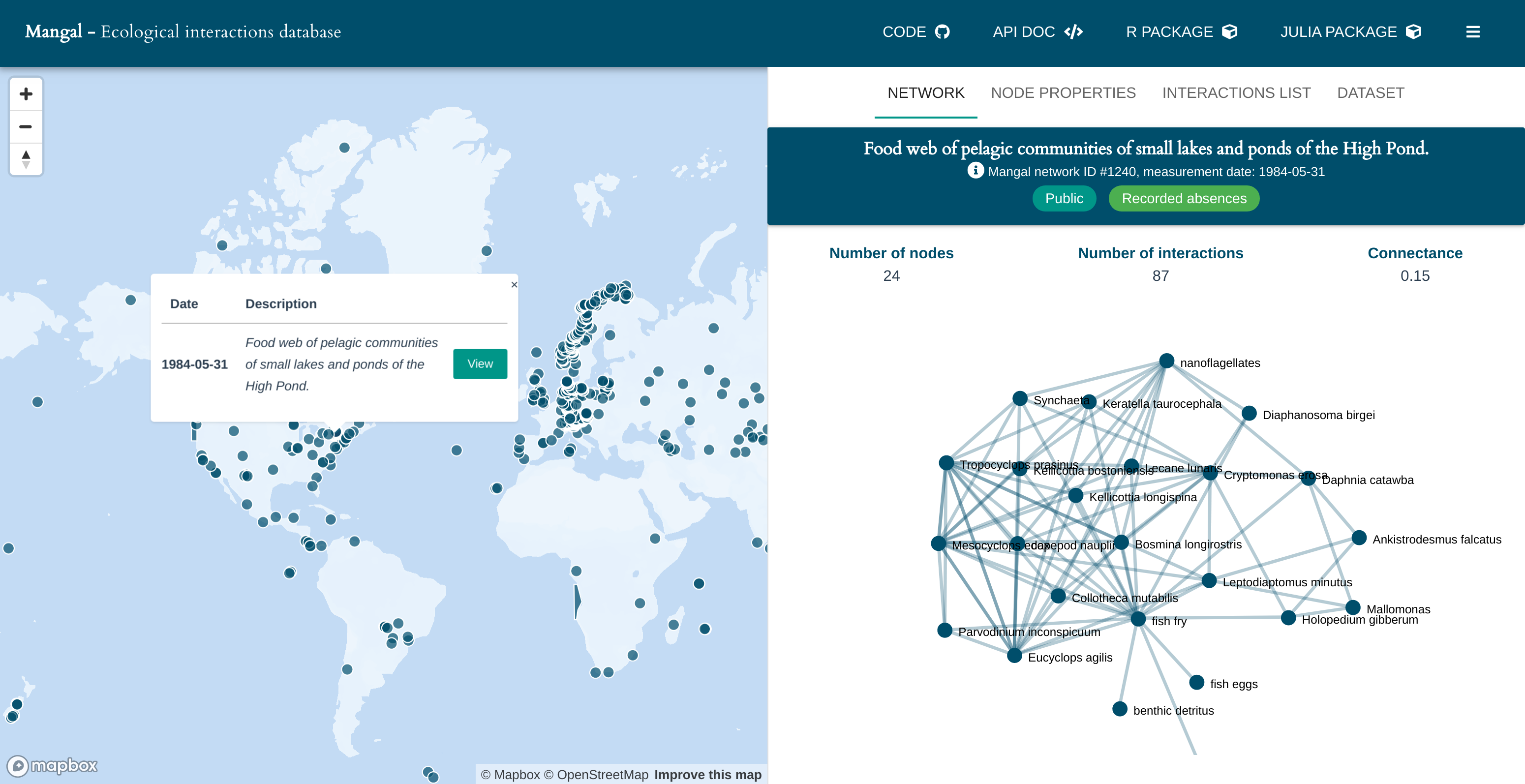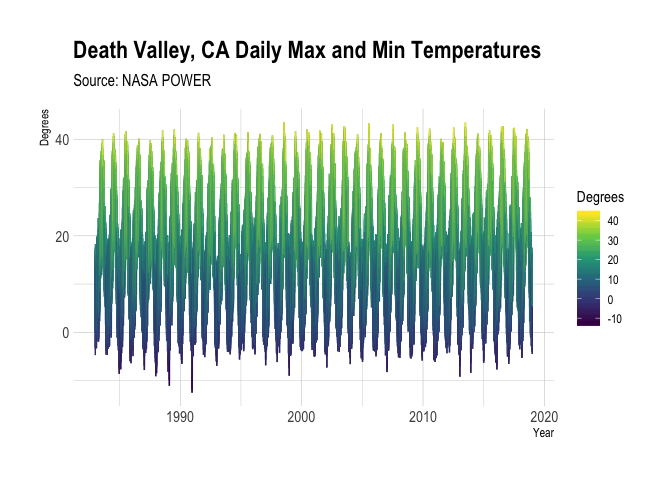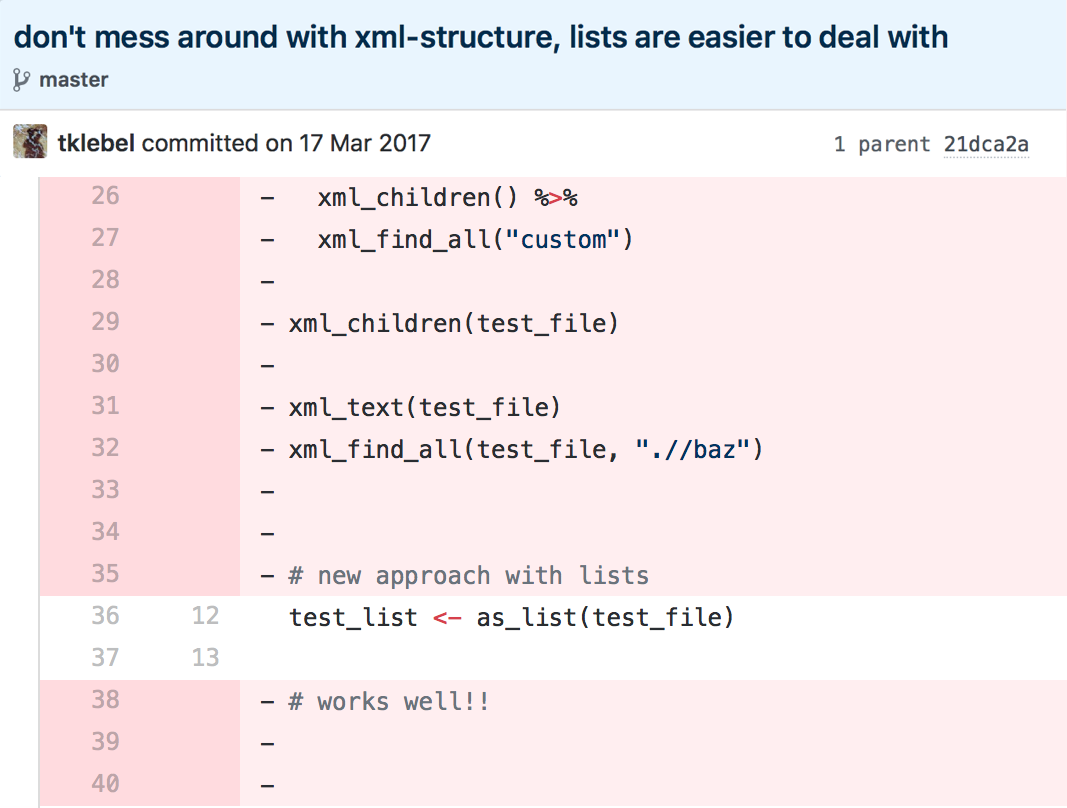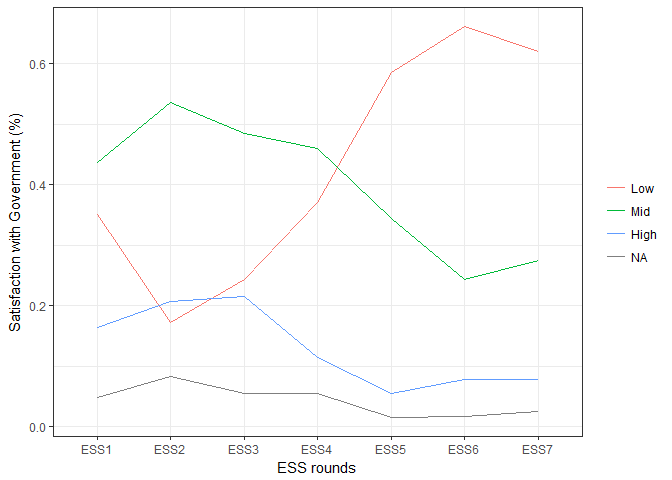
The COVID-19 pandemic has dramatically impacted all of our lives in a very short period of time.Spring and summer are usually very busy as students prepare to go the field to engage in various data collection efforts.The pandemic has also disrupted these carefully planned activities as travel is suspended and local and remote field stations have closed indefinitely.A lost field season can be a major setback for a dissertation timeline and



